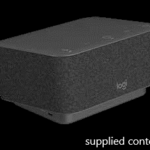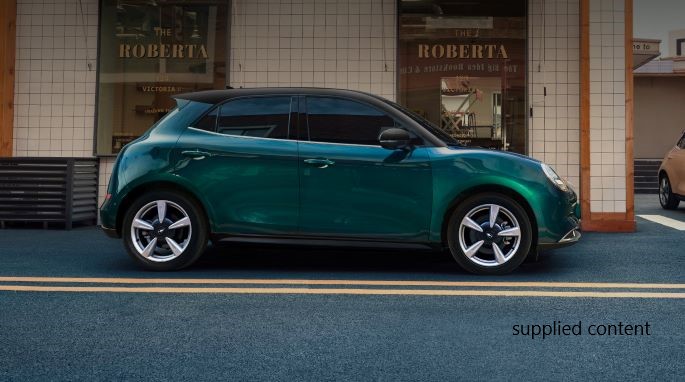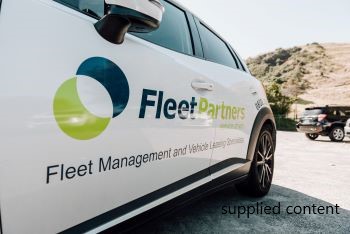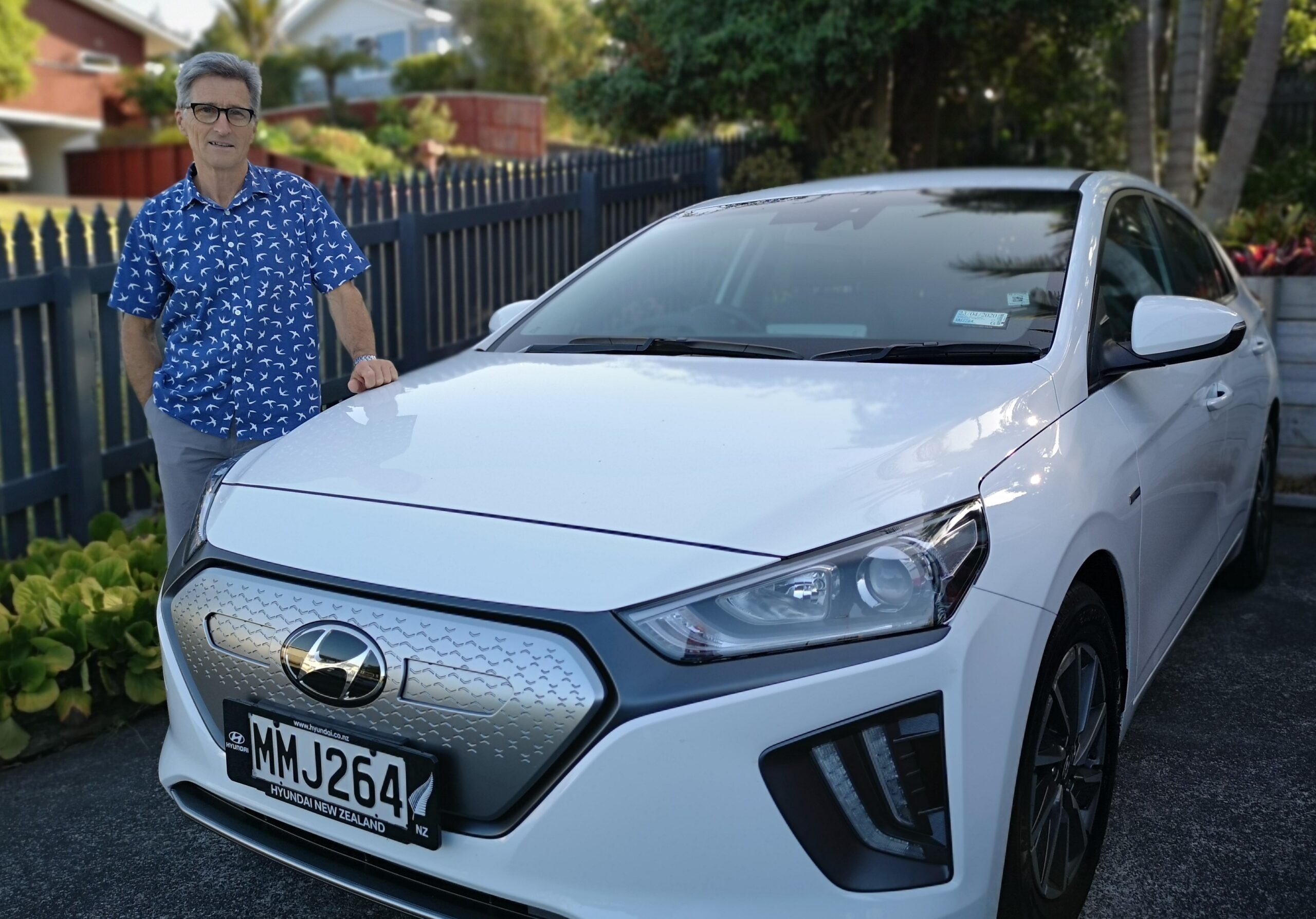FLEET MANAGEMENT DEMYSTIFIED
NZBusiness presents an easy introduction to the wonderful world of Fleet Management for growing companies. Fleet management never stops evolving. While technology keeps changing, the vast and nebulous subject of […]
NZBusiness presents an easy introduction to the wonderful world of Fleet Management for growing companies.
Fleet management never stops evolving.
While technology keeps changing, the vast and nebulous subject of fleet management will continue to change with it, requiring practitioners of the art to adapt from what once may have seemed a clearly defined career to an interesting and more challenging role.
There are some core competencies which will always be integral to vehicle fleet management: vehicle acquisition, maintenance,
utilisation and disposal, driver management, policy development and the overall implementing of cost-saving measures as they pertain to fleet operations.
However, in today’s world, the role of the fleet manager is vastly more complex, and as technologies advance, fleet management becomes well, let’s just say it ain’t for the faint of heart.
There is in fact, a degree in fleet management from Swinburne University in Australia, testament to the academic nature of the subject.
In the real world, fleet management is largely defined by the fleet manager, inasmuch as it can be a role that’s as big as you want to make it – or more accurately – how big your FCO or CEO allows you to make it.
You can, for example, avoid the finer points of FBT computation by cleverly designating that an accounting role, but you do have to know a little bit about it.
What is hard to avoid for a fleet manager is the management of vehicles. You do need to know a little more than that’s a red car, not a blue one.
This sounds funny, but with the contemporary vehicle having all the features it does, it can be quite bewildering determining the best vehicle for the job, and what should be the simplest aspect of fleet management, vehicle acquisition, can be a daunting task.
The ‘first base’ of fleet management has become one of the most complex in recent times. First, there are a wealth of vehicle choices out there, ranging not only from preferred brands, but now differing engine types with ICE (petrol or diesel), EV, PHEV, hybrid, and quite likely hydrogen sooner rather than later, to consider.
Then there’s fit-for-purpose assessment, new tech familiarisation for your drivers, specific vehicle policy considerations, total cost of ownership calculation, fit-out and signage organisation, administration (WoFs/CoFs/registrations/RUCS, licence checks). And this all comes under what is so casually defined as ‘vehicle acquisition’.
Of course, it is also possible to embrace the largest part of fleet management while specialising in one or two aspects of the role, then outsourcing the others to experts or to proven technology, available through specialised providers.
Most already in a fleet manager’s position will likely be finding their job description changing the longer they stay within the role.
This means it becomes even more imperative to recognise the aspects of fleet management you don’t know in order to find the right partner to help smooth out the rough edges.
On the following pages, you will find a number of organisations who know about and can advise you on general and specific elements of the role to help you become a master of fleet management.
Story courtesy of NZ Company, Vehicle editor Sean Willmot.
FLEET OWNERS WILL LOVE THE FLEXIBILITY, TRANSPARENCY AND INTEGRITY OF THIS NEW APPROACH!
Barry Nicholson, General Manager of ORIX New Zealand, shares how ORIX has re-imagined the fully maintained
vehicle lease to deliver a refreshingly modern approach.
“There is no question that leasing is a valuable option for Kiwi businesses. Access to new vehicles that are heavily discounted. No down payment. Lower monthly payments (than a 100 percent financed option) and the ability to upgrade vehicles
more regularly,” says Nicholson.
“But! We felt the ‘one size fits all’ approach of a fully maintained lease was outdated. We went back to the drawing board to build a solution that gives customers more input into the fleet services and structure of their lease.”
HERE’S HOW IT WORKS:
1. Choose your vehicle.
2. Add only the services that you would like ORIX to manage.
3. For each service selected, choose whether you would like to include the costs into the lease or have transactions oncharged if and when they occur.
“We’ve called it ORIX MyWay,” says Nicholson, “and we think fleet owners will love the flexibility, transparency and
integrity of this new approach!”
ORIX Corporation manages more than 1.3 million vehicles around the globe, as one of its six core business streams, with interests in fleet leasing and management, car and truck rentals, car sharing, used car leasing and car sales. You can contact them on 0800 10 6749 www.orix.co.nz
____________________________________________________________________
WHY DRIVER SCORECARDS ARE THE BEST SAFETY AND EFFICIENCY TOOL FOR YOUR BUSINESS
by Chris L’Ecluse, Customer Success Specialist, Teletrac Navman
When our customers want advice on how to improve safety in their company fleet, I always begin with driver behaviour as
the first step. While every driver is as different as your fingerprints, if we all became aware of our own behaviour
on the road, we would come to realise that many of our habits could use some improvement from a safety
perspective.
According to WorkSafe, vehicle incidents are the leading cause of fatalities across all industries in New Zealand (29 fatalities from October 2019 – September 2020). This is in line with data from WorkSafe’s 2018/2019 Annual Report which showed that 73 percent of New Zealand’s work-related fatalities were linked to vehicles.
This means that if your company has a fleet of vehicles, focusing on driver safety is an incredibly important part of keeping your employees – and your business – safe. At the same time, you have a whole lot of other goals to manage – keeping costs
down is always on the top of the list, as unnecessary fuel use and inefficient equipment use eat away at budgets.
Thankfully, driver scorecards let you stay on top of drivers’ habits while tackling behaviours that are impacting your bottom line. And they can help to significantly increase safety.
REAL-TIME INSIGHTS
Unless you happen to be sitting behind the wheel 24/7 across all your vehicles, knowing how your vehicles are being
used on the road is difficult.
Driver scorecard solutions collect data from in-vehicle telematics to provide a high-level overview of how each driver is performing within the fleet management system. For example, you can keep an eye on individual metrics to see where
each driver excels and create personalised coaching for areas that need improvement. If you discover that most of your team are driving at unsafe speeds, you can use real information to inform and update your training initiatives for the whole business, including during induction to ensure new staff don’t fall into bad habits.
DRIVING DOWN COSTS
Better driving leads to better returns. When drivers show poor driving behaviour behind the wheel of their vehicles it doesn’t just put safety in jeopardy, it also leads to unnecessary fuel use, more unplanned maintenance, and slower return on investment on expensive assets – as vehicles and machinery aren’t cheap!
By identifying trends that lead to excessive fuel use and stopping them as they arise, you’ll save your business thousands of dollars each year. Our 2019 benchmark report found that on average, 12.7 percent of businesses saw a reduction in fuel
costs after monitoring usage since installing telematics. Depending on the size of the fleet, that can be behaviours positively or negatively impact a driver’s scorecard, or which metric is a strategic target to improve in the business. If speeding is a
recurring issue, you may put more of an emphasis on this than other behaviours.
By setting a timeframe and rewarding the driver with the highest score with a gift card, or a week of paid leave, or even allowing them to drive their favourite vehicle – this will most likely lead to both improved driver behaviour and increased enthusiasm. Be sure to regularly share results with the team to create and sustain their motivation to kick bad habits.
By using driver data to inform your safety training initiative and individual targets, I’m confident you’ll create an ongoing culture of safety while driving down costs. www.teletracnavman.co.nz 0800447735
_______________________________________________________________________
WHY YOU SHOULD CONSIDER LEASING YOUR BUSINESS VEHICLES
Do you need a vehicle for your business, but aren’t sure what to do?
There are many things you may want to consider like finding the right make or model, organising fitouts, signwriting, finding reliable repairers, paying tolls or infringement notices and managing fuel expenses – the list goes on.
How do you get the best bang for your buck, whilst also reducing the time spent managing your vehicles? You can achieve very different outcomes depending on if you buy your vehicle outright or if you choose to pay monthly and lease.
BUYING YOUR VEHICLE
When you buy your vehicle, it can require a large outlay of cash. You are also paying for the entire cost of a vehicle upfront years in advance of getting the business benefits. You might have to take out a loan for the full purchase price and the vehicle will be
worth much less as it ages.
Often when companies own vehicles, they have increased maintenance costs associated with those vehicles as they age, so it’s
important to think about the total cost of your vehicle over time. There are other costs like Fringe Benefit Tax or the cost
of the person managing the admin of fuel expenses, servicing and paying infringement notices.
LEASING YOUR VEHICLE
You don’t need to own vehicles to obtain their full benefit. An alternative to owning is to lease your vehicles through a company like FleetPartners, one of NZ’s leading vehicle leasing specialists. Running a business relies on cash flow so with leasing, you don’t need to pay cash up front or a deposit.
Instead, you can keep your cash to invest in other parts of your business that will generate better returns.
You can even outsource all the fleet management aspects to the experts like FleetPartners.
HERE’S WHY YOU SHOULD CONSIDER LEASING YOUR NEXT BUSINESS VEHICLE:
Leasing gives you freedom to choose any vehicle make and model, what lease term you need (up to 60 months),
custom fit-outs and accessories.
• Fixed monthly payments Leasing provides the convenience of one monthly payment, including costs like registration, scheduled servicing, maintenance repairs and roadside assistance. This makes budgeting easy.
• Tax advantages and easy accounting Depending on your business circumstances, lease payments could be 100 percent tax deductible when treated as an expense. You could also get access to a line of credit so that you can be preapproved
to lease more vehicles quickly as your business grows. At the end of the lease term, you can simply upgrade to a new vehicle on
a new lease.
• Get ‘Big Business’ discounts FleetPartners purchase and organise the service of tens of thousands of vehicles and buy
millions of litres of fuel every year. With this national buying power, it can pass on discounts to customers, who will typically
save up to 15-20 percent on fuel, maintenance, servicing and repairs. This drives down overall running costs.
• Reduced admin = more time Save the time in managing your vehicles – whether it’s organising vehicle fit-outs, dealing with an accident or breakdown, finding a repairer, paying tolls or infringement notices, managing vehicle-related FBT or reconciling fuel receipts – FleetPartners can take care of all your fleet management needs.
• Get on the journey to carbon zero Do you want to reduce the emissions of your business with an electric vehicle (EV) but the high upfront cost is a barrier? You can lease an EV, pay monthly over a set term and FleetPartners will pass on the Clean Car Discount on eligible plug-in hybrid and electric vehicles, so you can get a lower monthly lease rate. See fleetpartners.co.nz/electric-vehiclepromotions
WHAT LEASE SHOULD I TAKE?
A Fully Maintained Operating Lease is most popular as you can consolidate most running and maintenance costs into one monthly payment. With flexible terms from 36 to 60 months, you get visibility over your costs and FleetPartners’ team manages the day-to-day for you. This includes maintenance, servicing reminders, repairs, registration, roadside assistance and more.
WANT A SHORT-TERM LEASE? LEASE AN EX-LEASE VEHICLE WITH EZYDRIVE
With EzyDrive, you can lease a quality pre-leased vehicle with all the benefits of a Fully Maintained Operating Lease. FleetPartners offer a large range of NZ new, well-serviced vehicles complete with 100-point mechanical check, and you can choose a term from 12 to 45 months. See fleetpartners.co.nz/ezydrive.
WHAT IF I OWN MY VEHICLES AND WANT TO LEASE?
You can release cash tied up in your existing vehicles with a Sale and Leaseback arrangement. Depending on the age of your vehicles and kilometres driven, FleetPartners can buy your vehicles from you at an agreed price, give you the cash and
then lease them back to you. This is a great way to get cash back into your business and reduce your exposure to vehicles losing value.
Vehicles depreciate as they age and can be costly to maintain. It’s not uncommon for a vehicle to lose half its market value within three or four years. Leasing gives you certainty on what your outgoings will be and outsourcing the management will save
you time, which is better spent on running your business. Go to fleetpartners.co.nz/biz to find out more.
FleetPartners leases are only available for business customers. Vehicles must be returned to FleetPartners at the end of the lease term, and excess usage
and unfair wear and tear charges may apply. Credit criteria,terms and conditions, fees and charges apply. This information is general in nature and does not constitute financial or tax advice and does not take into account specific financial circumstances, situations or needs.
__________________________________________________________________________________________________
SG FLEET COMPLETES ACQUISITION
SG Fleet’s acquisition of LeasePlan ANZ is now complete – which ultimately is great news for companies and public organisations operating fleets across the country.
The acquisition creates a highly compelling fleet management and leasing offering for customers across both Australia and New Zealand, the combined 250,000 vehicles under management giving some indication of the market power of the combined organisations.
“We have a strong cultural alignment,” says SG Fleet’s managing director Geoff Tipene, speaking of the two companies, “allowing us to focus on the retention of relevant expertise.” An acquisition of this magnitude does not come together easily, but the transaction has run smoothly and as expected.
It will take about three years before full integration and system transitions are in place, a standard time-frame for an integration of this size.
“We don’t, however, have to wait for everything to be up and running,” says Geoff. “It is pretty much business as usual from Day One.
“A dedicated team is in place to handle the integration process, while our customers receive the excellent level of care they are used to.” Geoff says the acquisition is a significant milestone for SG Fleet.
It brings together the best of two already highly regarded businesses to deliver transferable benefits to new and existing customers.
“Along with best-in-class service to those customers, we will be in an even stronger position to lead the Mobility-as-a-Service trend and deliver a comprehensive suite of products and business advantages.”
A good example is the BookingIntelligence Tool – an application created by SG Fleet to enable the management of pools of
resources online – just one of the innovative products which SG Fleet customers know well and which LeasePlan customers will shortly be introduced to.
“We have continued conversion of managed-only customers to funding and, while new vehicle supply issues persist for all market players, second-hand values remain at record levels,” says Geoff.
“There is a strong demand for innovation expertise,” Geoff adds.
“And we’ve gained increased recognition – reinforced by the acquisition – as an industry expert in low or zero-emission vehicles and mobility services.”
0800743533 www.sgfleet.com






